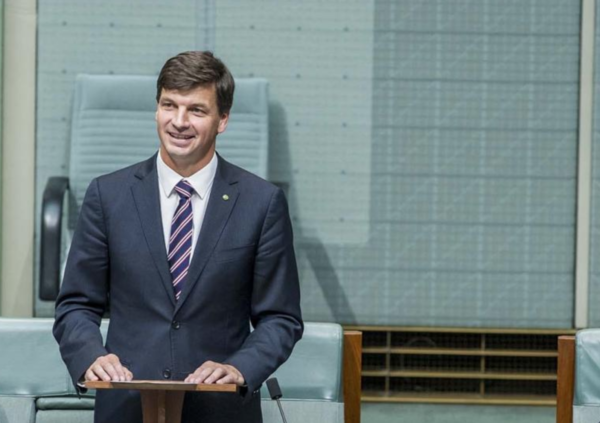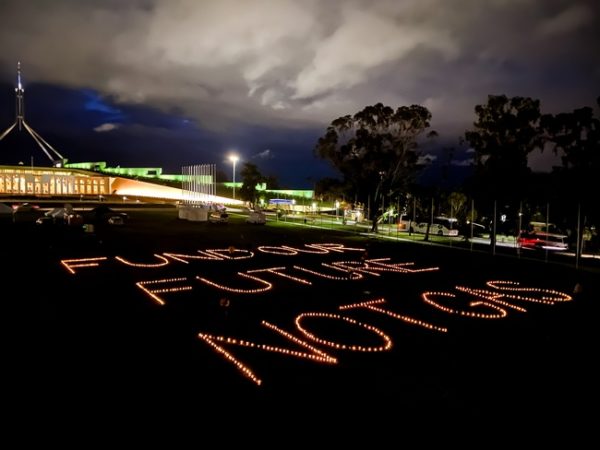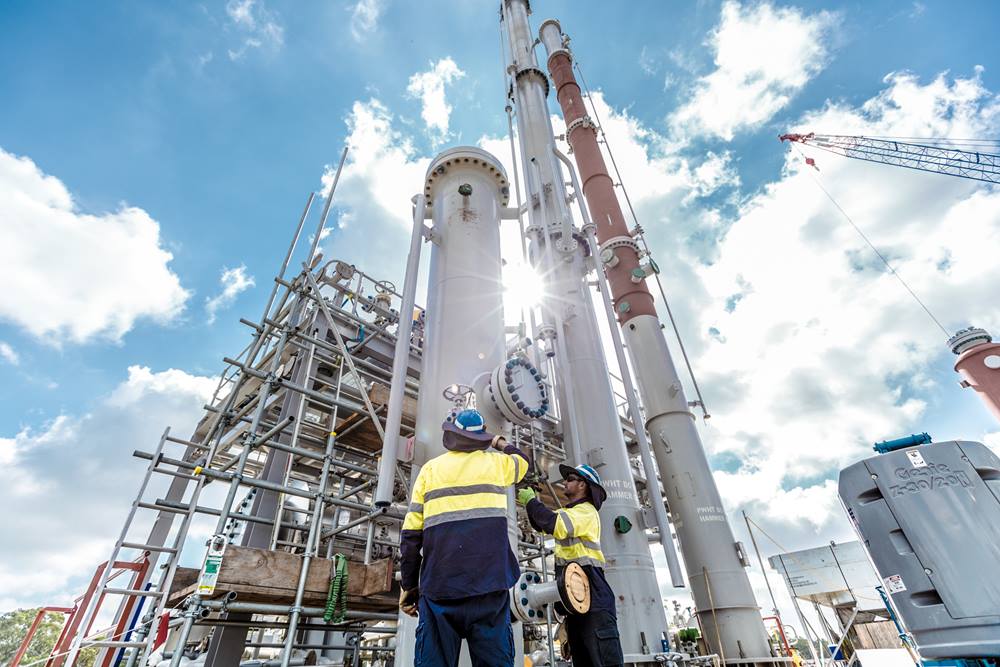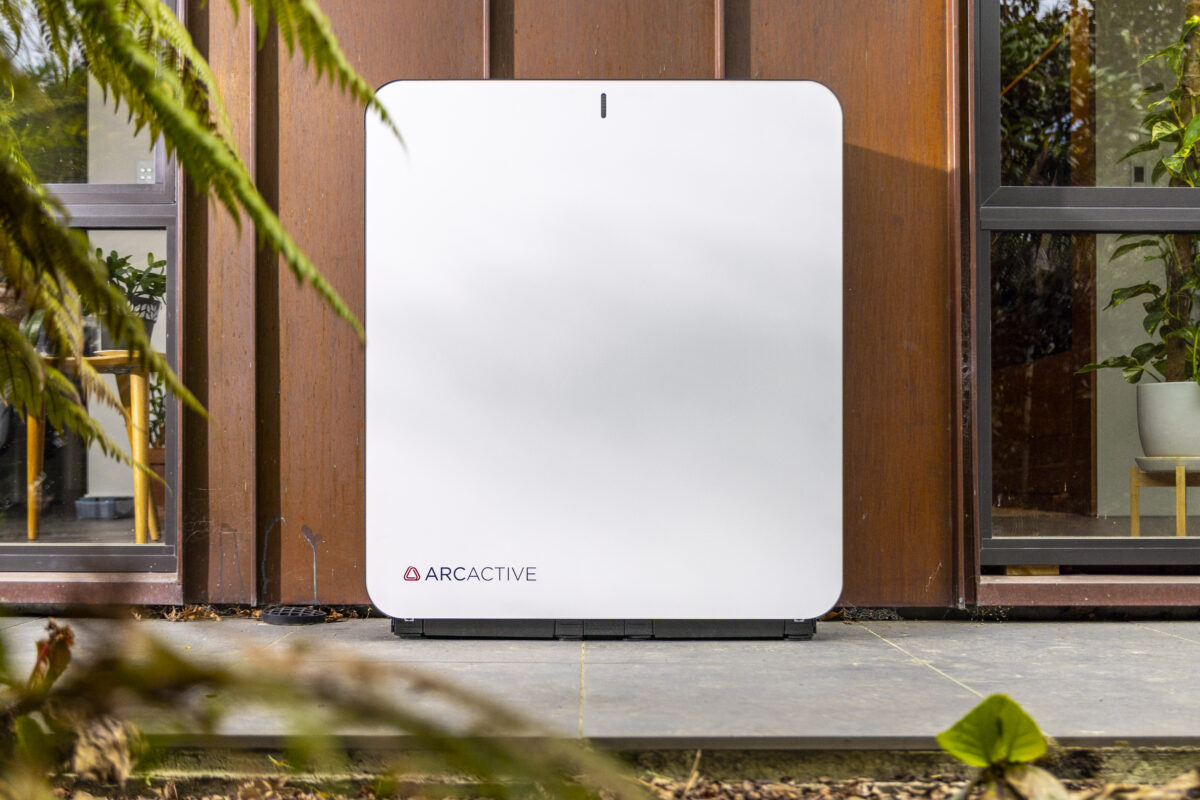The Federal Government has in the 2021-22 Budget allocated more than $1.6 billion for the energy sector and emissions reductions but renewable energy has been largely overlooked with just $49.3 million directed towards the sector.
The Budget, unveiled in full on Tuesday night, includes $30.0 million to support the proposed 35 MW Darwin big battery and the rollout of renewable energy microgrids in remote communities in the Northern Territory while up to $19.3 million has been set aside to support the deployment of a renewable energy microgrid incorporating hydrogen in the Daintree in Northern Queensland.
The Government’s spending on energy is primarily focused on low-emissions technologies with $643.4 million to be spent over the next four years, including $275.5 million to develop four additional hydrogen production hubs in regional areas, and $263.7 million for carbon capture and storage projects (CCS) and hubs.
Gas projects, including $5.6 million to further develop the Government’s National Gas Infrastructure Plan, will receive $58.6 million in funding.
A $24.9 million package to assist new gas generators become hydrogen-ready is also included in the Budget along with up to $30 million for early works on Australian Industrial Power’s (AIP) Port Kembla gas generator project.
Minister for Energy and Emissions Reduction Angus Taylor said the Budget is supporting the Government’s responsible and pragmatic approach to energy policy and emissions reduction.
“Our 2021-22 Budget measures will provide reliable, secure and affordable energy to all Australians, and increase investment in technology solutions to reduce emissions in a way that supports jobs and economic growth,” Taylor said.
“This Budget builds on the Government’s existing initiatives to guarantee reliable and affordable energy, stimulate jobs and reduce emissions without imposing new costs on households, businesses or the economy.”

Image: Angus Taylor
Critics have however been quick to condemn the funding focus with the Climate Council describing it as “a national shame” while Clean Energy Council chief executive Kane Thornton labelled it a “missed opportunity”, drawing attention to the lack of funding allocated for network upgrades which have been deemed critical for the ongoing delivery of reliable and stable electricity.
“If this truly is the infrastructure budget, Infrastructure Australia has identified that there is a need for major transmission upgrades to supply network access to renewable energy zones as a high priority, particularly in light of retiring thermal generation,” he said.
The urgency to invest in upgrading and modernising Australia’s energy grid has also been emphasised by the Australian Energy Market Operator, which on Monday said Australia is “well ahead” of the path to a 90% renewables scenario for 2040.
“The lack of transmission investment is now one of the most critical challenges facing Australia’s energy industry,” Thornton said.
“It’s disappointing that in a ‘nation-building’ infrastructure budget, upgrades that will enable the access and security of clean, low-cost power have not been prioritised.”

Image: AYCC
Nikola Casule, head of Research & Investigations at Greenpeace Australia Pacific, said the Government was simply “putting on a show” of taking action on the symptoms of climate change, without doing anything to tackle the root cause: the burning of fossil fuels.
“What’s worse, it’s throwing money at fossil fuel infrastructure and false solutions like Carbon Capture and Storage (CCS) that only entrench the use of coal, oil and gas,” she said.
“The Coalition Government seems hell-bent on funding everything but proven, existing zero emissions technology like wind and solar”
Casule described the Government’s allocation of $263.7 million to finance CCS projects as a “profound waste of public money”.
“We already have the solutions to tackling the climate crisis in the form of clean and safe renewable energy, backed up by battery storage,” she said.
“The Coalition Government should not be wasting public money on technology like CCS that doesn’t work when it could be investing in the solutions like wind and solar that are already here.”
This content is protected by copyright and may not be reused. If you want to cooperate with us and would like to reuse some of our content, please contact: editors@pv-magazine.com.









By submitting this form you agree to pv magazine using your data for the purposes of publishing your comment.
Your personal data will only be disclosed or otherwise transmitted to third parties for the purposes of spam filtering or if this is necessary for technical maintenance of the website. Any other transfer to third parties will not take place unless this is justified on the basis of applicable data protection regulations or if pv magazine is legally obliged to do so.
You may revoke this consent at any time with effect for the future, in which case your personal data will be deleted immediately. Otherwise, your data will be deleted if pv magazine has processed your request or the purpose of data storage is fulfilled.
Further information on data privacy can be found in our Data Protection Policy.